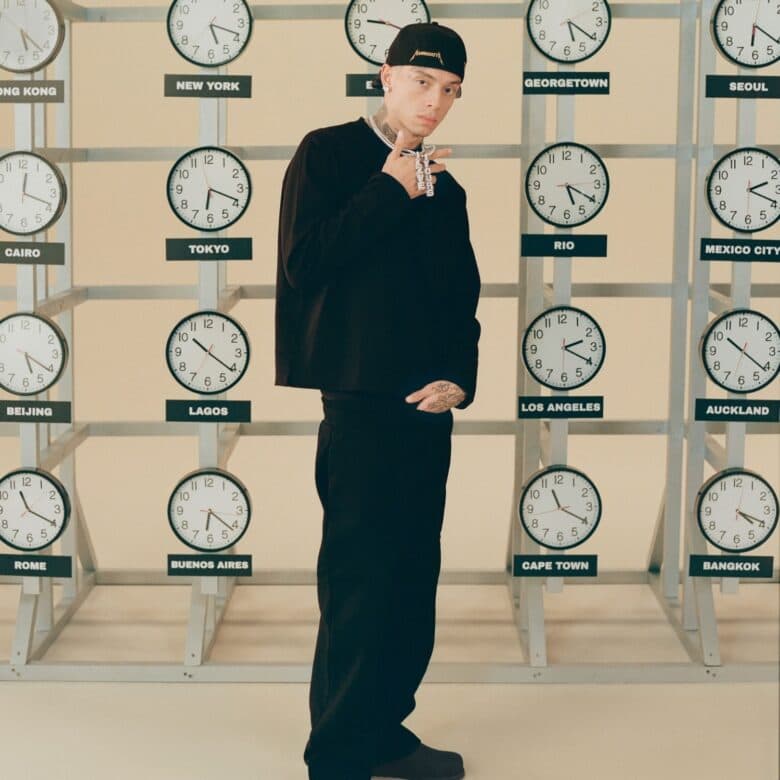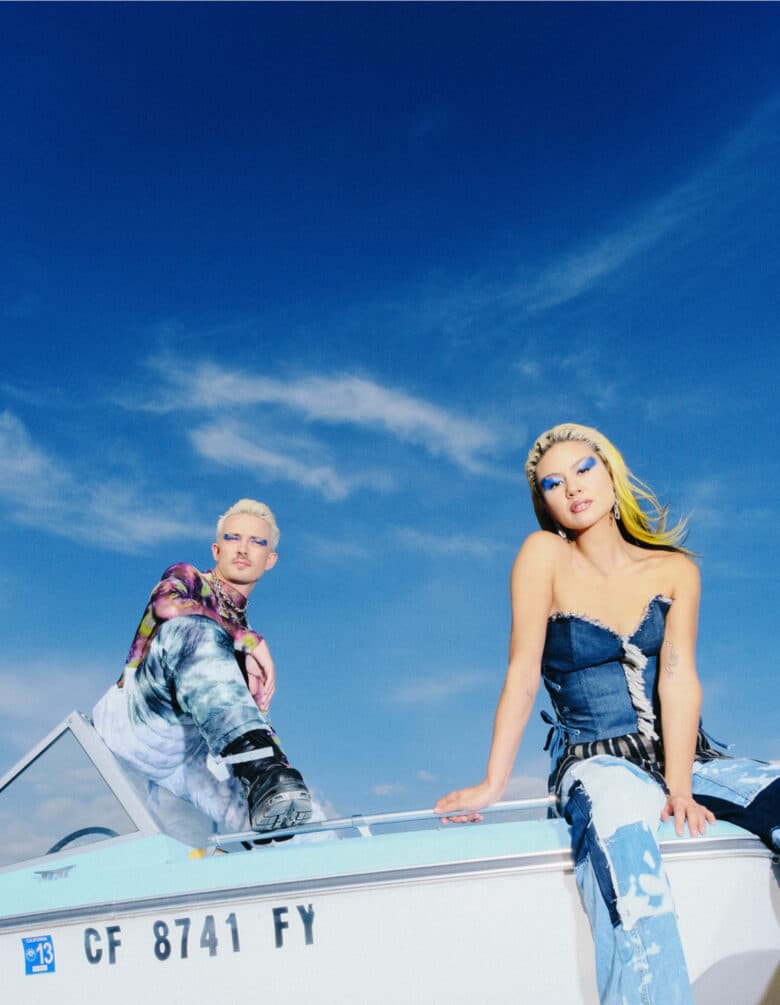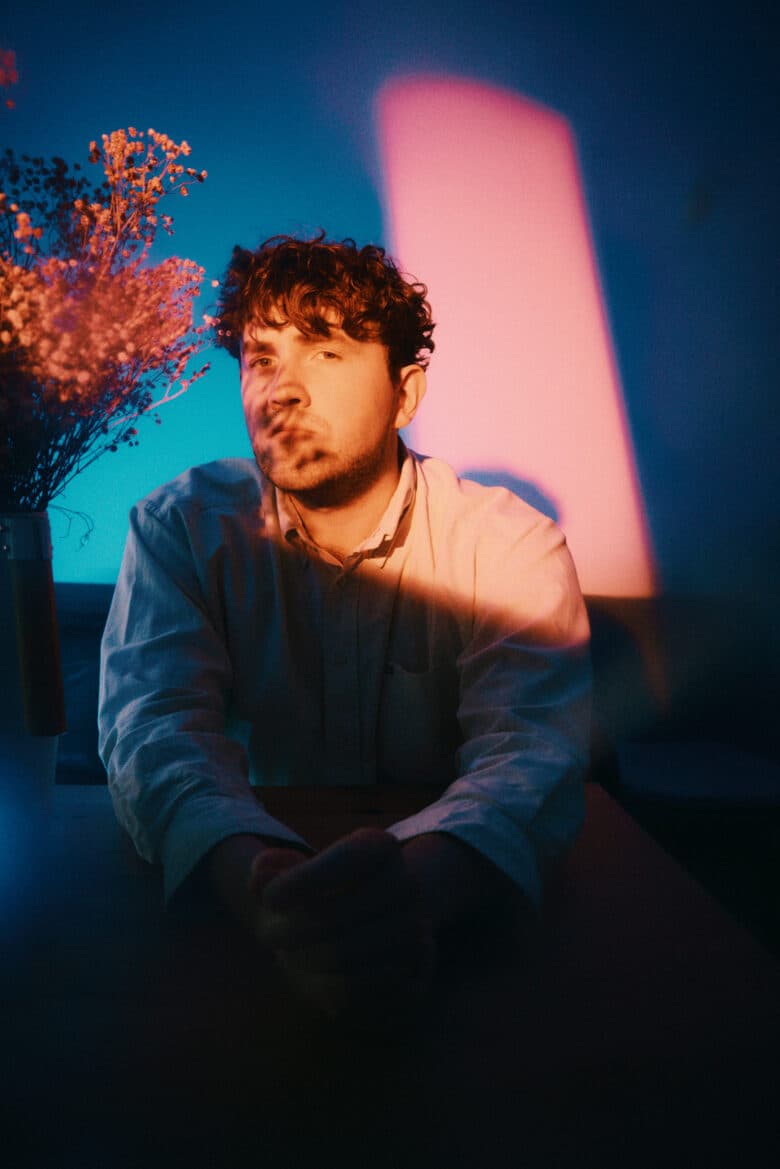Five minutes with Spencer Barnett — The San Francisco native is making vintage music cool again
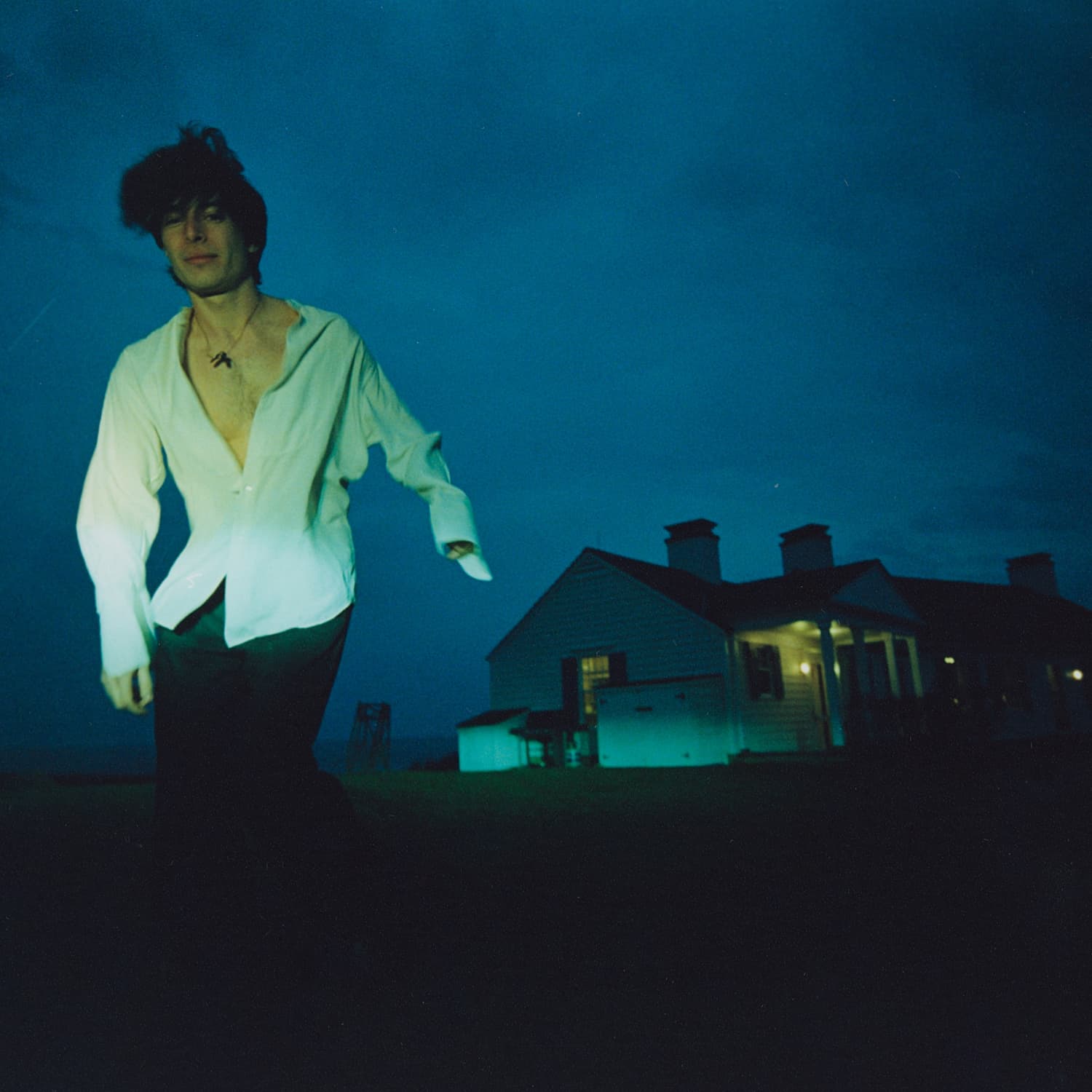
Spencer Barnett’s music career started early — he was only thirteen when Stephan Jenkins, the lead singer of Third Blind Eye, discovered the San Francisco-based multi-instrumentalist and invited him to the studio with his band. Over the last decade, Barnett’s made a name for himself with his distinctive sound – a “conscious blend” of vintage and, of course, modern influences (he’s a “2000s baby” after all) – and a slew of successful singles.
His latest endeavour? Jigsaw — an EP that reflects “really coming into [his] own” as both an artist and a human. “Sitting down to write a song about yourself always invokes some level of self-reflection,” the 24-year-old tells HUNGER. It makes sense, then, that the “Lost Boy” singer describes his latest eight-song project as a “collection of shorter stories” — elements that can be pieced together to reveal the burgeoning star’s personal and musical evolution.
Amber Rawlings: Let’s talk about the start of your career. Recording with Third Eye Blind at thirteen years old must have been intense. How did that early studio experience set you up?
Spencer Barnett: It was actually one of the least intense projects I’ve ever done — the guys couldn’t have been more supportive of me at such a young age. We still all see each other and laugh about how long ago it felt. They’ve really seen me grow up in a cool way. And I actually think that having them as role models for how to conduct a session and make a record has been hugely impactful on the way I make music. They taught me the value of bringing great people together, hitting ‘record’, and seeing what comes out the other end. It remains my favorite way to create.
AR: Jumping forward to your latest project, your EP Jigsaw. You’ve talked about Jigsaw being pieces for listeners to put together. What story were you trying to tell?
SB: Jigsaw is a collection of shorter stories that I felt traced something greater. I worked on this project on and off for three years and, over that time, really came into my own as an artist and a human. I hope that if you listen to the project in order you really get a feel for that trajectory.
AR: The new EP seems to dig deep into self-reflection. Was that always the plan?
SB: Sitting down to write a song about yourself always invokes some level of self-reflection, and for me, writing is one of the only times I actually do that. I wouldn’t say it was the plan in a very structured way but always something I leaned into rather than away from.
AR: You cite George Harrison, Big Thief, and Alabama Shakes as your influences. How do those different influences come together in your music?
SB: I’ve always really loved Adrianne Lenker’s writing. To me, she’s a shoe-in as one of the future greats. But when I started listening to the whole band, I began to fall in love with production — chasing unique sounds that feel raw and experimental at the same time. I think Alabama Shakes does an incredible job of that as well and a lot of it is thanks to their engineer Shawn Everett. I’d spent hours watching YouTube videos of certifiably insane recording techniques of his that produced some of the most original sounds I’ve heard. They both taught me to build a sonic fingerprint.
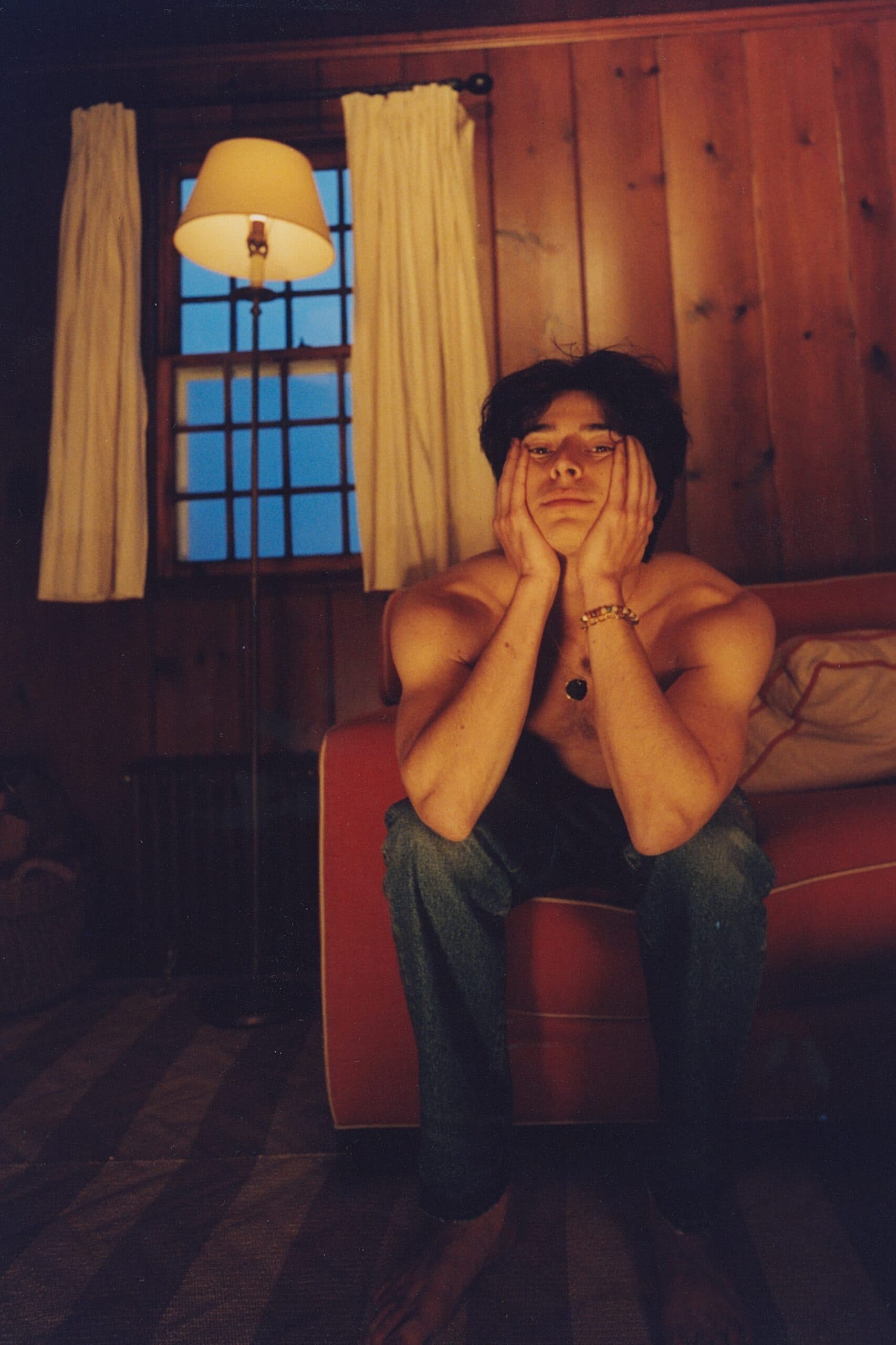
AR: When you’re writing, do you find yourself chasing the same questions as your influences do?
SB: That’s a really interesting one. I wish I knew all of the questions that my influences chased — it’d probably make me a stronger writer and thinker. It’d be tough to say for sure, but I imagine that similar questions have slipped into my mind by proxy of listening to their work.
AR: San Francisco’s scene exists outside the industry bubble. Do you think that also helped you find your sound?
SB: Absolutely. I owe a lot to the city. In hindsight, I was really lucky to develop both my sound and skills as a musician away from industry noise because it allowed me to focus purely on the music. I think San Francisco is one of the most underrated places to be.
AR: You actually started as a classical musician but landed on psychedelic indie, right? What led you there?
SB: Ha! Go figure. I still enjoy playing classical music at times — especially baroque which I think has influenced a lot more modern music than it’s given credit for. But it was never my ultimate medium. I think there are too many rules and I sort of gravitated towards indie because it was a genre that rewarded you for breaking a few of them.
AR: It makes sense, then, that there’s something both vintage and modern about your sound. How conscious is that blend?
SB: Thank you! I think it’s pretty conscious and so I take that as a huge compliment. I listen to a lot of older music and so naturally that comes out in my songs. But also I’m a 2000s baby and grew up around a lot of modern records, and I just think it would be insincere to ignore that — so I try to kind of blend the two.
AR: What’s your process for building tracks? I know you often start with a voice note.
SB: Yes, yes. A lot of ideas start from voice notes. But also many start from a jam — I might have had an idea in a voice note and brought that in, or just rode on the idea from scratch. There’s absolutely no template I follow, but I feel that every song starts from a tiny idea like a melody or a progression or a drum groove. From there, you just sort of throw things at the wall and see what sticks.
AR: You were also listening to Aphex Twin while making this EP. How does electronic music influence your songwriting?
SB: I think that electronic artists are some of the best musicians and no one gives them credit for it. Aphex, of course, but also guys like Floating Points and Bonobo and even Moby have some of the coolest grooves and progressions, and I steal them all the time [laughs].
AR: So, what’s next for you?
SB: I plan on remaining really excited about my recent release of Jigsaw for a while and am taking a beat before I really actively jump into the next project. But, it’d be a real dream to take Jigsaw on the road in the new year as a lot of the songs are meant to be heard live. I’ll send ya tickets!
Listen to Jigsaw here.
- InterviewerAmber Rawlings
- WriterScarlett Coughlan
- Image CreditsSALXCO
